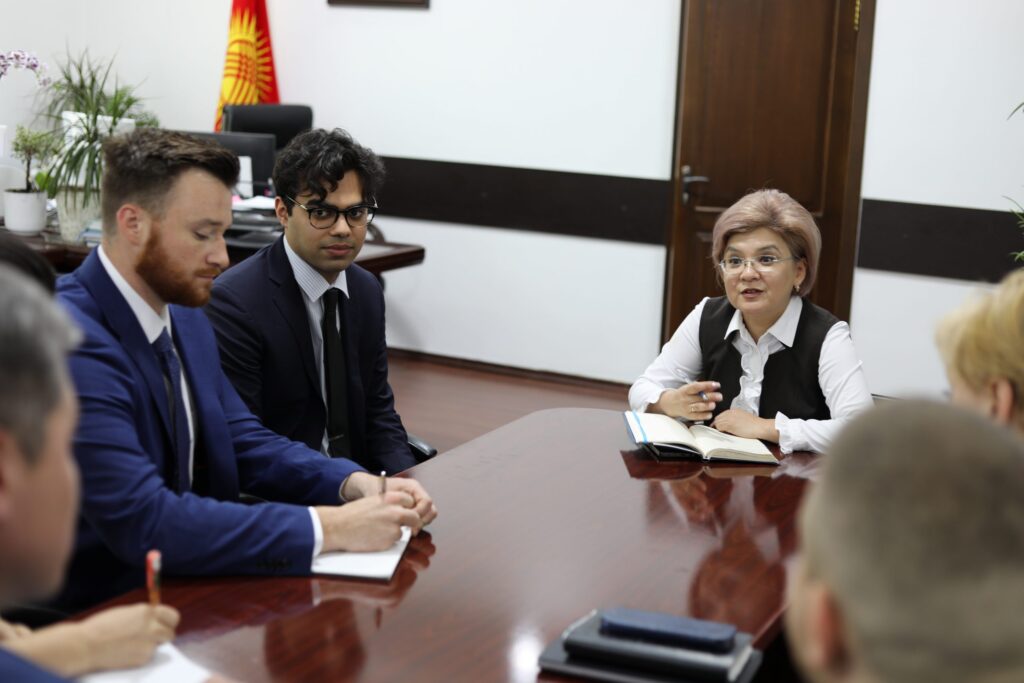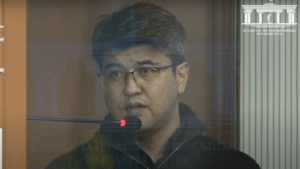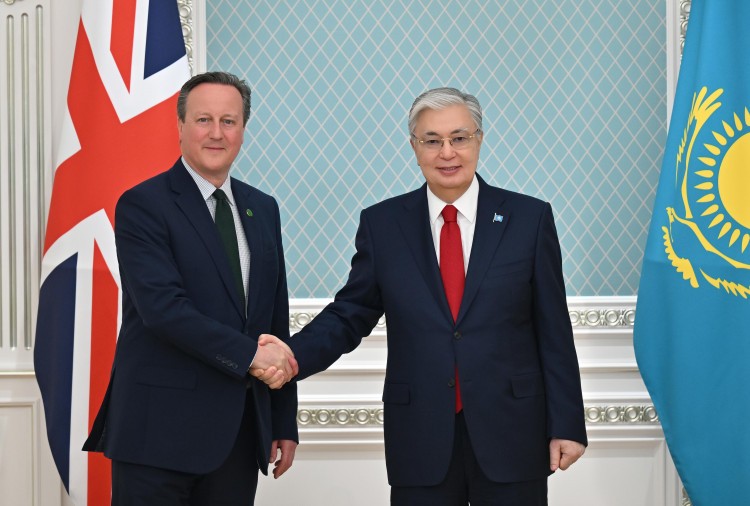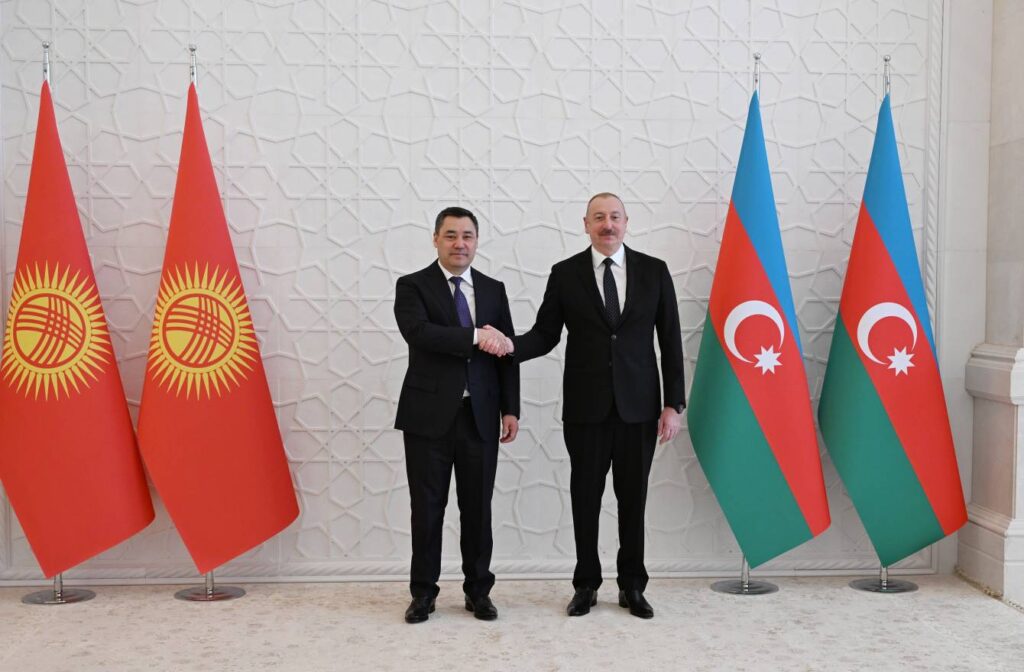Group of Central Asians Charged in Germany on Terrorism Offenses
Germany’s justice system has charged seven Central Asians, aged 20 to 46, with preparing terrorist attacks on behalf of the Islamic State – Khorasan Province (ISIS-K).
The suspects were arrested back in July 2023 in the state of North Rhine-Westphalia in western Germany. The citizens of Turkmenistan, Tajikistan and Kyrgyzstan are accused of creating a terrorist organization. According to the German prosecutor’s office, they intended to carry out terrorist attacks in Western Europe, but at the time of their arrest they did not have any specific plan.
In March of this year, ISIS-K took responsibility for the terrorist attack at Crocus City Hall near Moscow, which killed 145 people.
German law enforcement authorities believe that some of the attackers entered Germany via Ukraine after Russia’s February 2022 invasion, while others came from the Netherlands.
Before their arrest, the suspects are alleged to have periodically met to discuss potential locations for a terrorist attack. According to police information, they were also engaged in fundraising for terrorist activities.
German law enforcement agencies have been on constant alert since the terrorist attack in December 2016, when radical Islamist Anis Amri drove a truck into a crowd of people in Berlin’s Breitscheidplatz Square.











